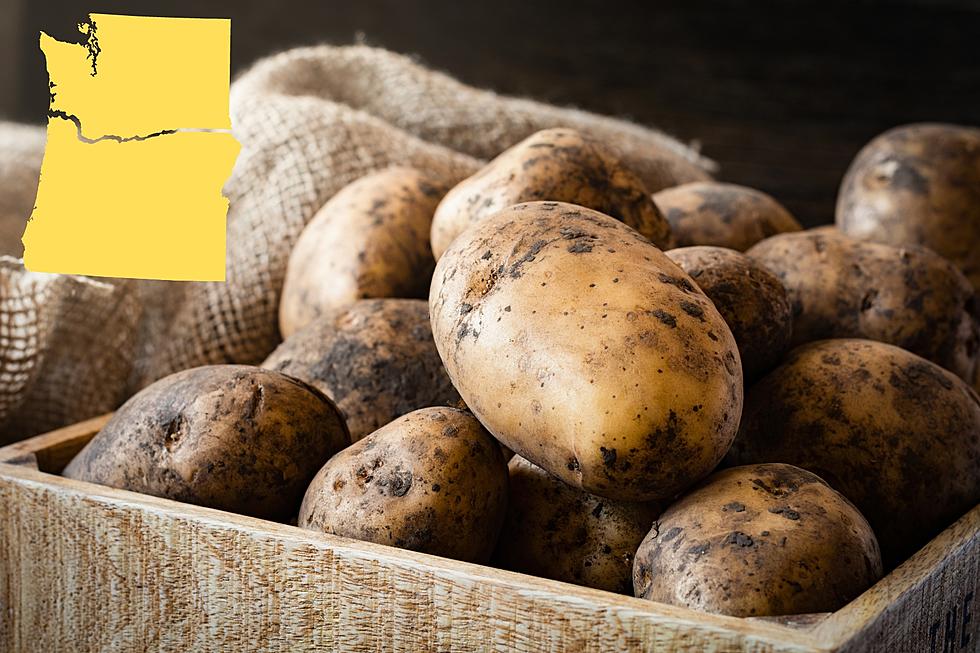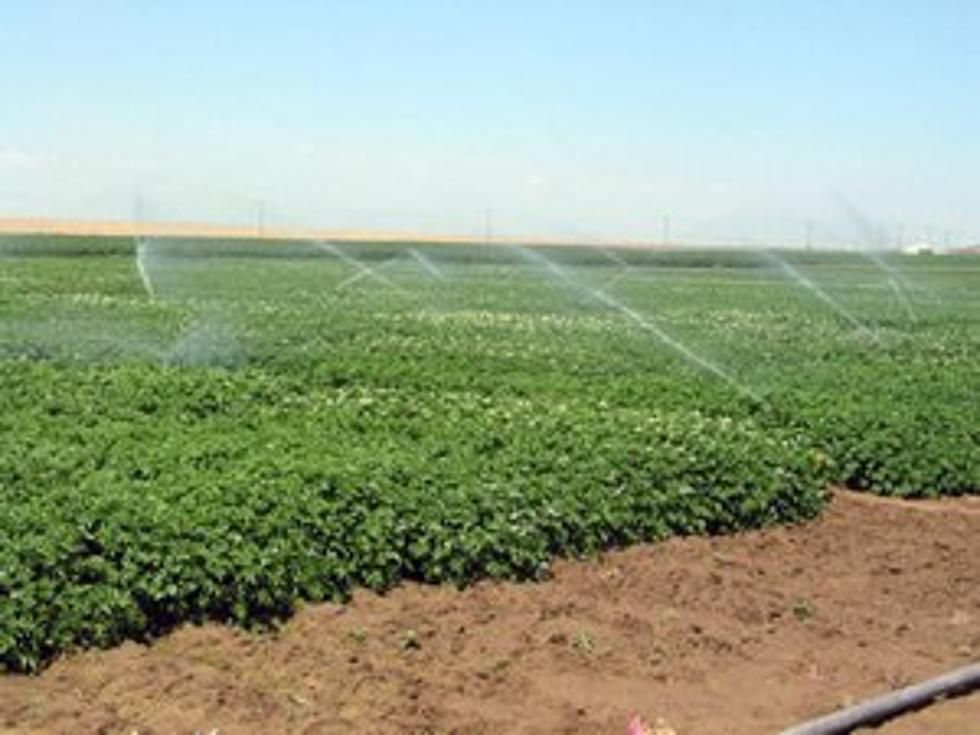
Analysis Looks At Economic Impact Of The Potato Industry
Nearly $101 billion. That’s the economic impact the potato industry has on the U.S. economy.
On Tuesday, the National Potato Council released, "Measuring the Economic Significance of the U.S. Potato Industry," a comprehensive analysis on the domestic economic impact of potatoes. The analysis, authored by economists from Michigan State University, marks a groundbreaking comprehensive assessment on the national economic contribution of America’s favorite vegetable.
According to the report, the U.S. potato sector is a driving force of America's economic prosperity, with an estimated contribution of $100.9 billion in 2021. This contribution stems from the following direct and indirect economic activity:
- $10.8 billion in agriculture production and agribusiness services;
- $49.1 billion in processing, wholesaling, and retail;
- And $41 billion in food service industries and household consumption.
According to the analysis, the U.S. potato sector is responsible for generating an estimated 714,000 domestic jobs and providing wages of $34.1 billion annually to those employed along its supply chain. An impressive 0.4% of the entire U.S. workforce relies on the potato industry for their livelihoods, contributing $53 million towards annual GDP growth.
Notably farm production itself makes up approximately 10% ($10.8 billion) of the total economic contribution of the potato supply chain, underscoring the significance of largely family-owned potato farms as rural job creators and wealth generators throughout the U.S. economy.
“Not only are potatoes an essential and healthy component in our diet, but now we can say unequivocally that they are vital to the American economy,” said RJ Andrus, from TBR Farm in Idaho Fall, Idaho, and incoming President of the National Potato Council. “Potatoes are an essential component to our prosperity as a nation, built and sustained by America’s potato growers, who put people to work in every city and town across our great country. Today’s report cements the fact that potatoes are America’s favorite vegetable with value.”
This report demonstrates that potatoes not only provide high-quality nutrients but are a driver of America's economic prosperity, including direct economic activity (growing, processing, and retail) and the creation of jobs throughout the country. The U.S. potato supply chain entails a wide spectrum of activity, from agricultural production, through wholesaling and processing and distribution ending with consumer purchases of final products through retail channels or through food service providers.
The U.S. is the world’s fifth largest producer of potatoes. A critical export product, approximately 20 percent of all potatoes grown or processed in the United States are exported to Canada, Mexico, Japan, South Korea, and other trading partners. In 2021 alone, the value of all potato-related exports (fresh, processed, and dehydrated) topped $1.88 billion in sales. Potatoes are the number one consumed vegetable by U.S. consumers annually. Not only are potatoes an inexpensive source of nutrition, they are fat-free, gluten-free, plant-based, and a quality carbohydrate. Additionally, potatoes are:
- An excellent source of vitamin C
- A good source of potassium (more than a banana)
- A good source of vitamin B6
- And contain only 110 calories per 5.3oz serving.
NPC is the voice of U.S. potato growers and industry members in our nation’s capital. NPC protects potato growers’ interests in Washington, D.C. by addressing issues that affect the potato industry, from policy issues debated in Congress to regulatory issues proposed by federal agencies.
The release coincides with NPC’s 2023 Washington Summit, a forum for potato industry members to discuss, define, and advocate for the policy priorities impacting their businesses and protecting their ability to farm. From Feb. 28-March 3, growers and industry stakeholders will take the results from this groundbreaking report to Members of Congress and the Biden-Harris Administration to advocate for issues such as keeping potatoes in federal nutrition programs, promoting free and fair-trade agreements, and protecting tax policies that support the long-term health of family-owned farming operations.
If you have a story idea for the PNW Ag Network, call (509) 547-9791, or e-mail glenn.vaagen@townsquaremedia.com
More From PNW Ag Network









